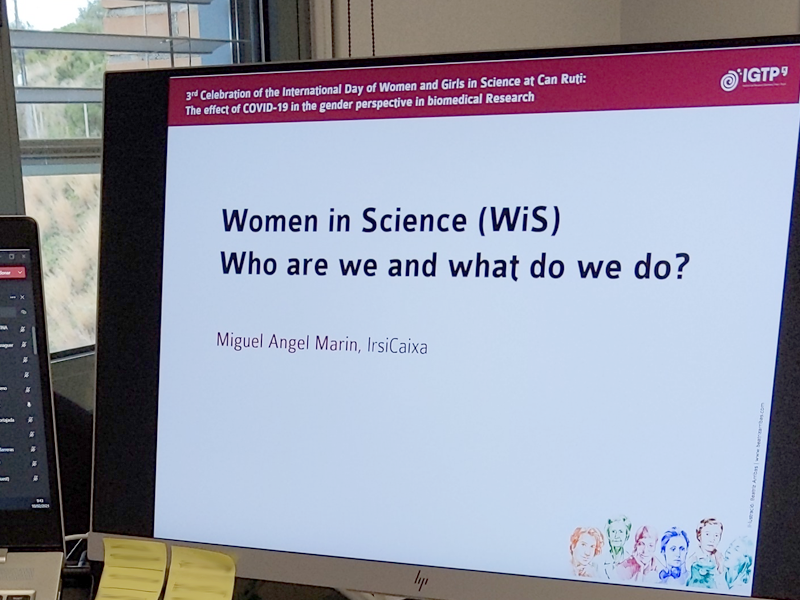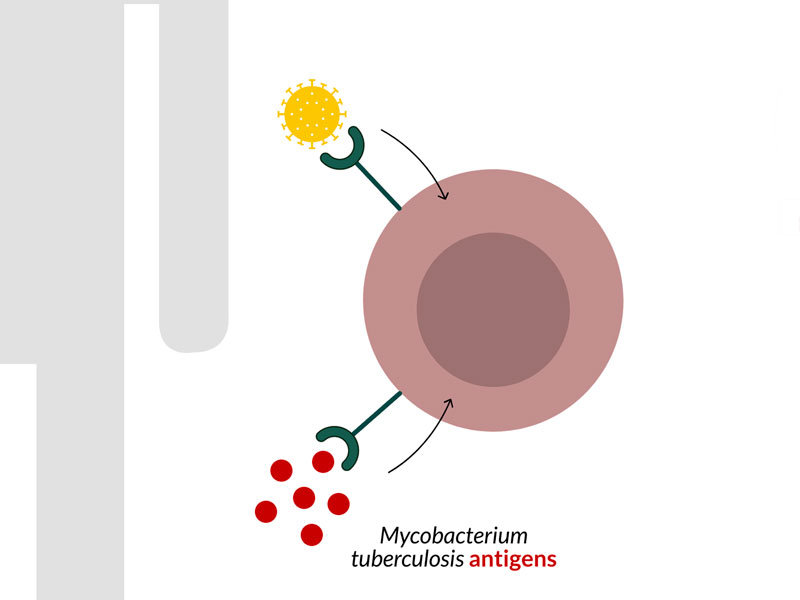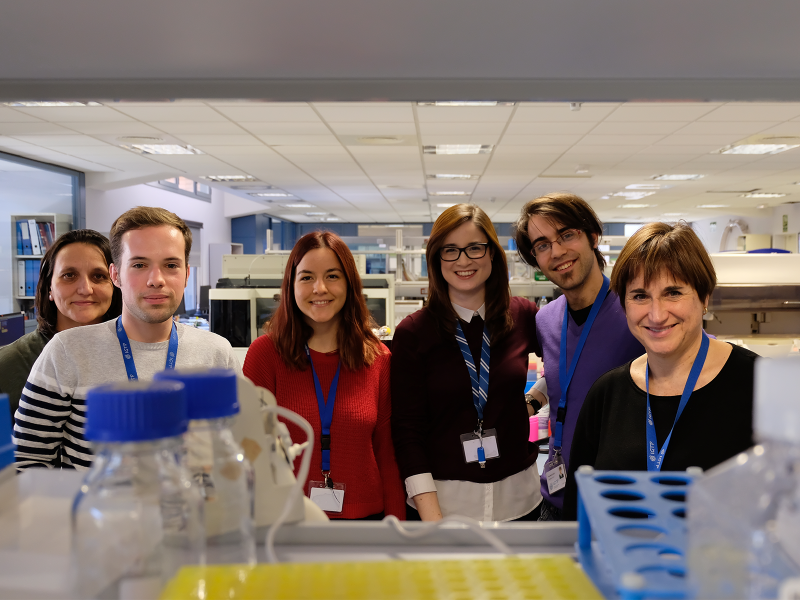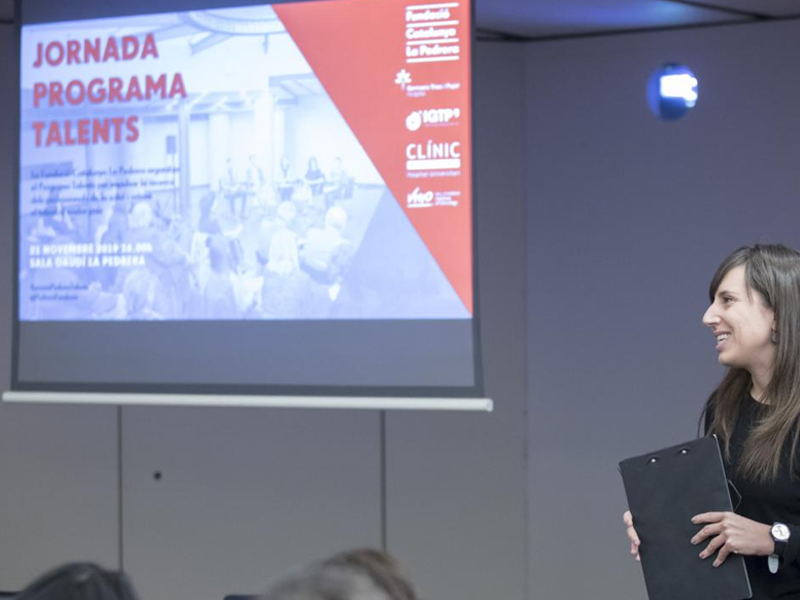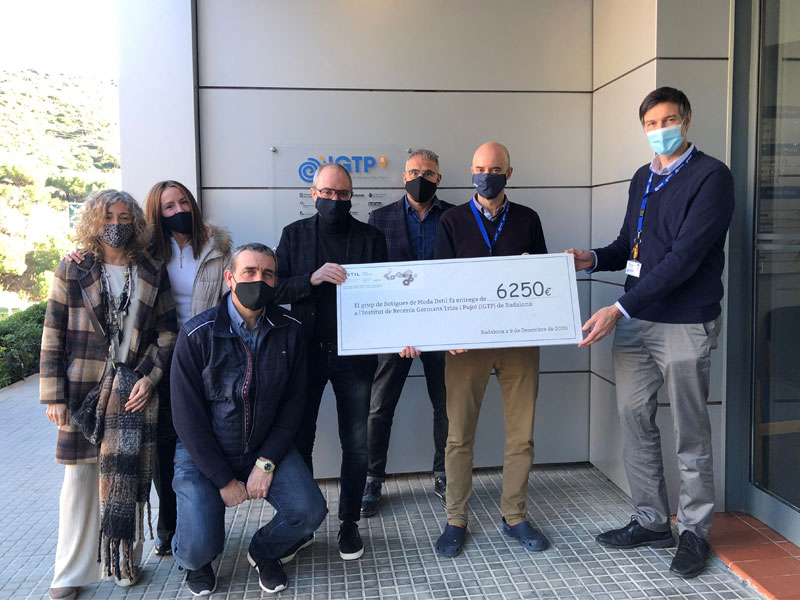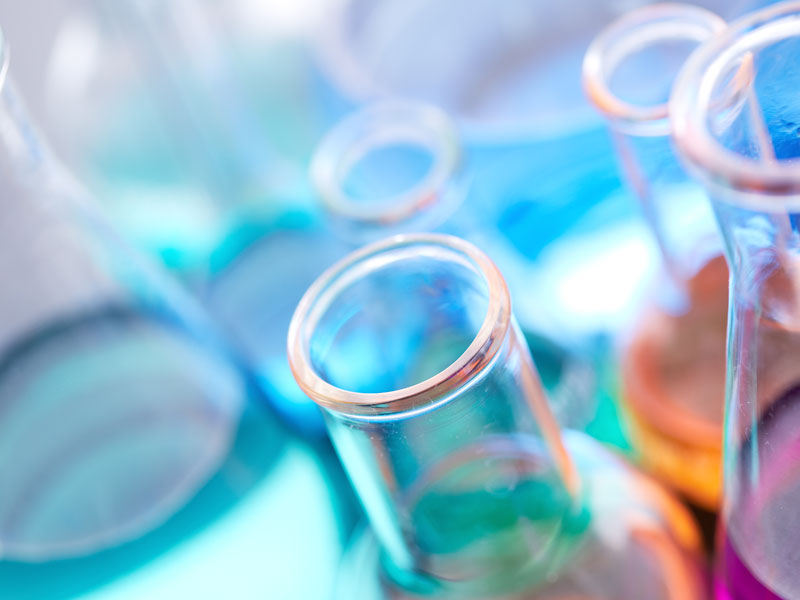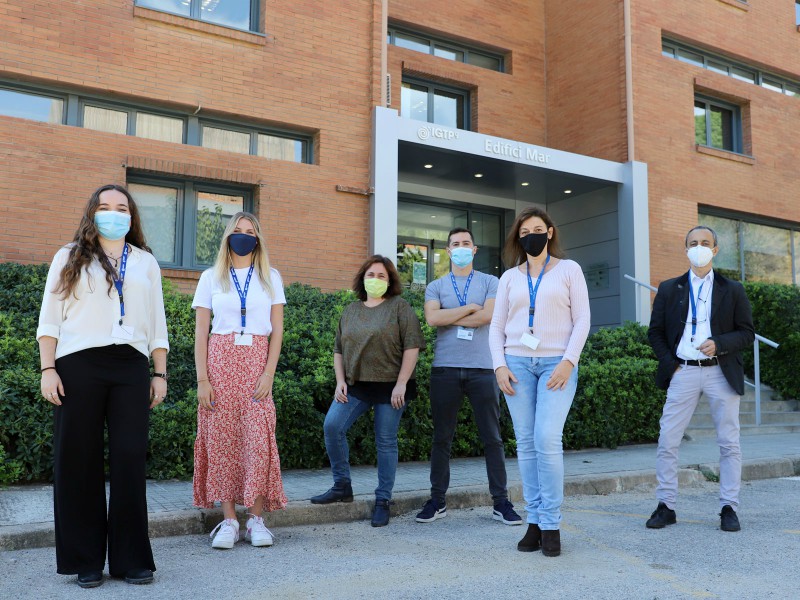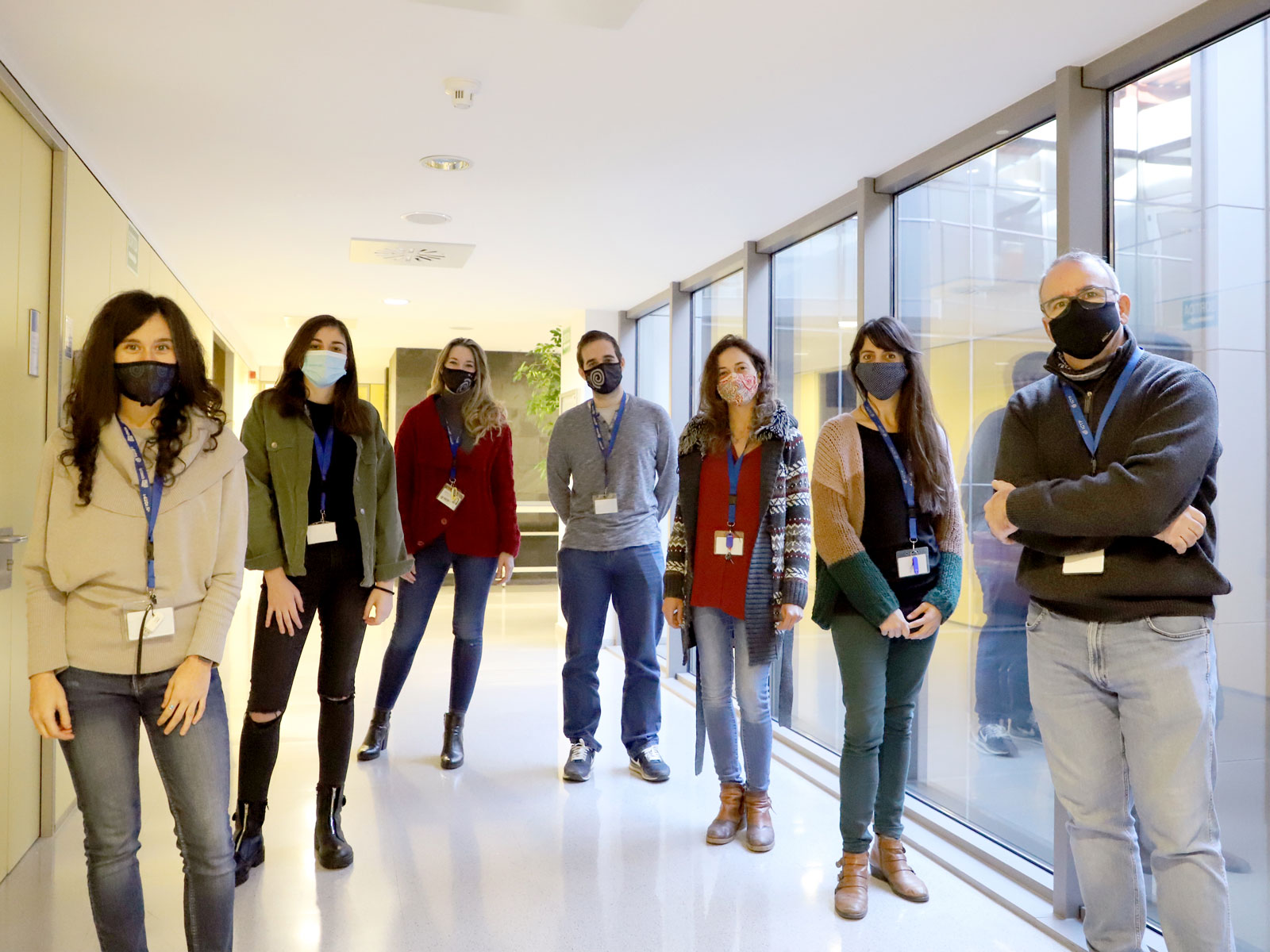Can Ruti focuses on the effect of COVID-19 in the gender perspective in biomedical research to celebrate the International Day of Women and Girls in Science
The 3rd Celebration of the International Day of Women and Girls in Science at Can Ruti took place on Wednesday 10 February, organized by the multi-institutional working group "Women in Science (WiS)", and hosted by the IGTP. The symposium looked at data on the gender perspective of the effects of the Covid-19 pandemic presenting data from studies both on and off the campus and providing a platform for personal testimonies from men and women involved in research and healthcare.
